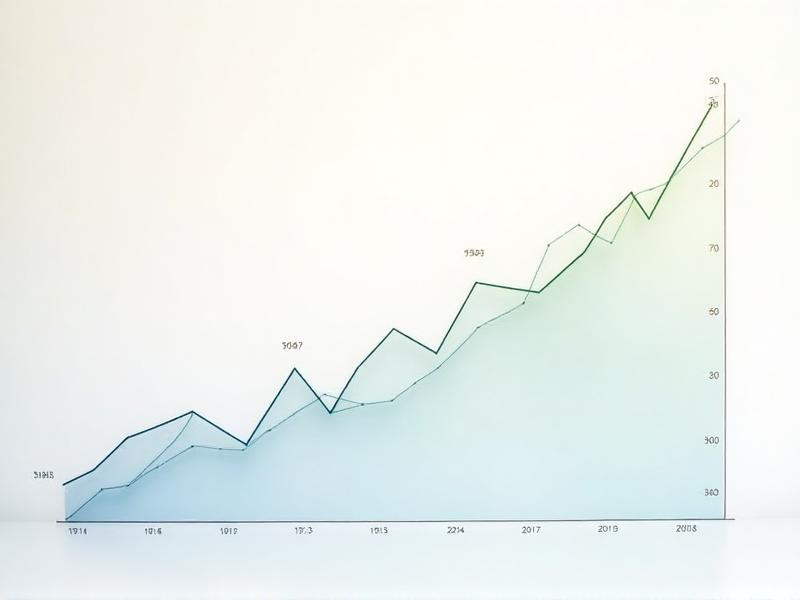The Rise of Consumerism in Modern Society
Consumerism has become a defining characteristic of modern society, shaping not only our lifestyles but also our economies. The post-World War II era marked a significant shift as mass production and advertising campaigns began to dominate the cultural landscape. Companies like Coca-Cola and Ford became household names, and the idea of owning more became synonymous with success and happiness. Over time, this culture of consumption has only intensified, fueled by technological advancements and globalization.
Today, consumerism is deeply ingrained in our daily lives. From the latest smartphones to fast fashion, the pressure to acquire new products is relentless. Social media platforms amplify this trend, creating a constant stream of advertisements and influencer endorsements that drive demand. The result is a society where material possessions are often prioritized over experiences, relationships, and even financial stability.
However, the rise of consumerism has not come without consequences. While it has driven economic growth and innovation, it has also led to significant financial strain for individuals and families. The cycle of spending, debt, and the pursuit of more has created a precarious financial landscape for many, raising questions about the sustainability of this lifestyle.
The Psychological Drivers Behind Consumer Behavior
Understanding the financial impact of consumerism requires a closer look at the psychological factors that drive consumer behavior. One of the most powerful motivators is the concept of "retail therapy," where shopping is used as a way to cope with stress, anxiety, or emotional distress. This temporary emotional boost often leads to impulsive purchases, which can quickly add up and strain personal finances.
Another key driver is the fear of missing out (FOMO), particularly in the age of social media. Platforms like Instagram and TikTok create a constant stream of curated lifestyles, making individuals feel pressured to keep up with trends and acquire the latest products. This sense of urgency can override rational decision-making, leading to unnecessary spending and financial instability.
Advertising also plays a significant role in shaping consumer behavior. Companies invest billions of dollars annually to create compelling narratives around their products, often tapping into deep-seated desires for status, belonging, and self-improvement. These messages can be so persuasive that they override practical considerations, such as whether a purchase is truly needed or affordable.
The Financial Strain of Consumer Debt
One of the most tangible impacts of consumerism is the accumulation of consumer debt. Credit cards, personal loans, and buy-now-pay-later schemes have made it easier than ever to spend beyond one's means. While these financial tools can be useful in emergencies, they often lead to a cycle of debt that is difficult to escape.
High-interest rates on credit cards and loans exacerbate the problem, making it challenging for individuals to pay off their balances. Over time, the interest can accumulate to a point where the original debt becomes a significant financial burden. This not only affects personal finances but also limits opportunities for savings, investments, and long-term financial planning.
Moreover, consumer debt can have broader economic implications. When a large portion of the population is burdened by debt, consumer spending—the backbone of many economies—can decline. This, in turn, can slow economic growth and create a ripple effect across various industries. The financial strain of consumer debt is a stark reminder of the hidden costs of a consumer-driven society.
The Environmental and Economic Costs of Overconsumption
Consumerism is not just a financial issue; it also has significant environmental and economic costs. The demand for cheap, disposable goods has led to a culture of overproduction and waste. Fast fashion, for example, encourages the rapid turnover of clothing, resulting in massive amounts of textile waste that end up in landfills.
The environmental impact of consumerism extends beyond waste. The production of goods often involves the extraction of natural resources, energy consumption, and the release of greenhouse gases. These activities contribute to climate change, deforestation, and the depletion of natural ecosystems. The long-term economic costs of environmental degradation are substantial, affecting industries such as agriculture, tourism, and healthcare.
From an economic perspective, the focus on consumption can divert resources away from more sustainable and equitable forms of growth. Investments in renewable energy, education, and healthcare are often sidelined in favor of industries that cater to consumer demand. This imbalance can hinder long-term economic development and exacerbate social inequalities.
Alternatives to Consumerism: Minimalism and Sustainable Living
In response to the financial and environmental challenges posed by consumerism, many individuals are turning to alternative lifestyles such as minimalism and sustainable living. Minimalism emphasizes the value of owning fewer possessions and focusing on what truly matters, such as relationships, experiences, and personal growth. This approach not only reduces financial stress but also promotes a more intentional and fulfilling way of life.
Sustainable living, on the other hand, focuses on reducing one's environmental footprint through conscious consumption. This can involve buying second-hand goods, supporting ethical brands, and prioritizing quality over quantity. By making more mindful choices, individuals can reduce their impact on the planet while also saving money in the long run.
Both minimalism and sustainable living challenge the traditional narrative of consumerism, offering a path toward financial stability and environmental responsibility. While these lifestyles may require a shift in mindset and habits, they provide a viable alternative to the cycle of overconsumption and debt.
The Role of Policy and Corporate Responsibility
Addressing the financial impact of consumerism requires more than individual action; it also calls for systemic change. Governments and corporations play a crucial role in shaping the economic and cultural landscape. Policies that promote financial literacy, regulate predatory lending practices, and incentivize sustainable consumption can help mitigate the negative effects of consumerism.
Corporate responsibility is equally important. Companies have the power to influence consumer behavior through their practices and messaging. By prioritizing ethical production, transparency, and sustainability, businesses can contribute to a more responsible and equitable economy. Consumers, in turn, can use their purchasing power to support companies that align with their values.
Ultimately, the financial impact of consumerism is a complex issue that requires a multifaceted approach. By combining individual choices with systemic changes, it is possible to create a more sustainable and financially secure future for all.











